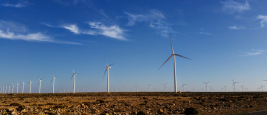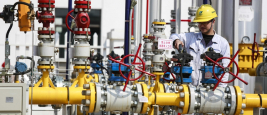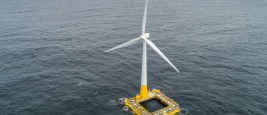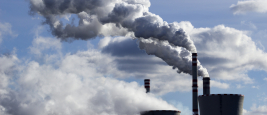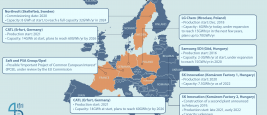The Mediterranean region has been identified as one of the most affected regions by climate change endangering human security at the food-water-energy nexus.

Climate policies and energy transition
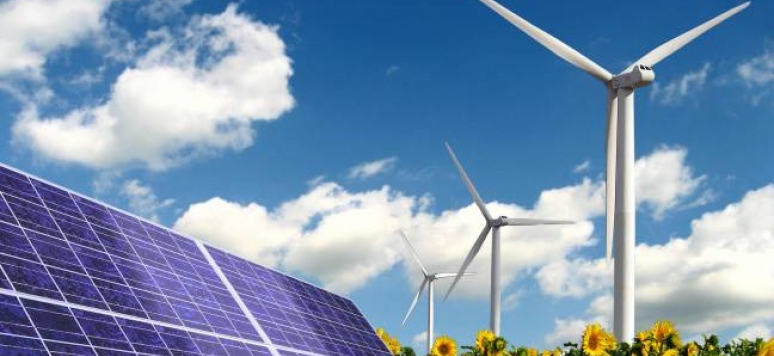
The Climate policies and energy transition research axis whithin Ifri's Center for Energy & Climate deals with the climate change policies adopted at national levels, as well as the positions of the main emitting countries in the international climate negociations. In particular, this area focuses on the implementation of the Paris Agreement on climate and global efforts to reduce green-house gas emissions to limit the increase of temperature at +1,5° by 2100.
Director of Ifri’s Center for Energy & Climate
...Research Fellow, Head of European energy and climate policies, Center for Energy & Climate
...Research Fellow, Center for Energy & Climate
...Associate Research Fellow, Center for Energy & Climate
...Associate Research Fellow, Center for Energy & Climate
...China’s gas industry has been moving into a new era. China’s natural gas demand has skyrocketed amid a state campaign that encourages coal-to-gas switching. In just two years, China added 75 billion cubic meters (bcm) to global gas demand, the equivalent of the UK gas market, the second...
Europe has become a frontrunner in fixed offshore wind. Can this success story be replicated with floating offshore wind, a technology that would lift the sea depth constraint and thus open up wider market opportunities? This research study looks at the main success factors for this emerging...
For the second consecutive year, the coal sector registered good results in 2018. Global coal demand continues to increase (+0.7% in 2018), reversing the trend observed in 2015-16. Coal accounted for 26% of global primary energy consumption, maintaining its position as the second-largest...
In most of the pathways that limit global warming to 1.5°C, capture of CO2 from fossil-fuel or biomass-based installations and its long-term geological storage (carbon capture and storage - CCS and bio-energy with carbon capture and storage - BECCS) plays a crucial role.
While international multilateralism is under strain, it is vital for France and Germany to defend it, since it is the most appropriate system for preserving their interests – particularly in terms of welfare, security, prosperity and environmental protection. Against this backdrop, three...
French battery cell manufacturer Saft and Opel, the German subsidiary of automaker PSA Group, are finalising the details of a major investment project in battery cell manufacturing. Is the European Union (EU) finally challenging Asia’s dominance on battery cells production? What chances...
The low-carbon energy transition in France, the European Union (EU) and the world is today taking place unevenly and too slowly to preserve the climate and biodiversity. CO2 emissions are continuing to rise, while governments’ commitments are insufficient: in the long-term, the...
At a time when the European Union (EU) is discussing its long-term climate strategy and drafting new legislation to foster the decarbonization of its gas sector, a close look at the experience of Denmark, Germany and Italy with renewable gas production can provide valuable lessons.
The last four decades have witnessed the profound transformation of the very foundations of the international system: the globalization of trade, technical revolutions, the upheaval of the hierarchy of powers, the emergence of China, the explosion of the Middle-East, the mutation of conflicts...








